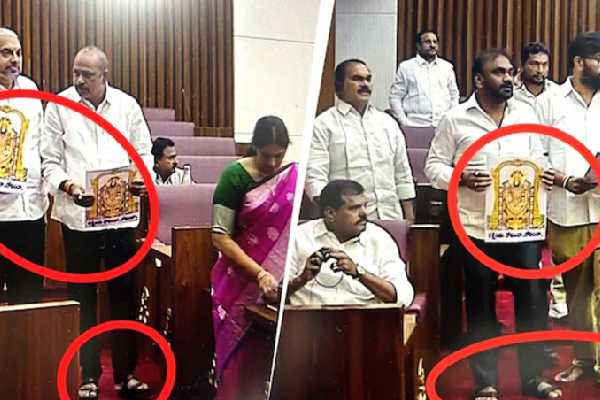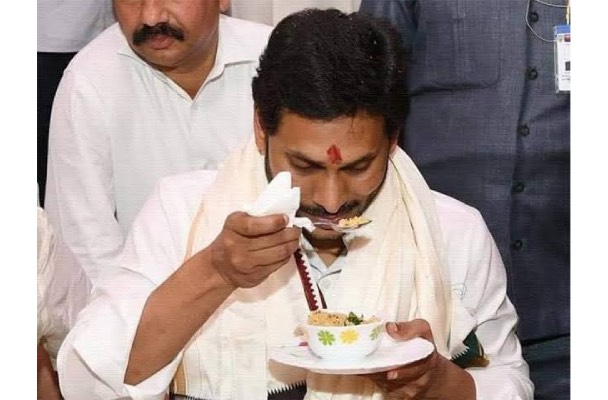In the complex world of politics and religion, the concept of “convenient secularism” often comes into play. This term refers to the practice of selectively applying secular principles based on political or personal convenience. A recent example of this can be seen in the controversy surrounding YSRCP president Jagan and the Tirumala Laddu affair in Andhra Pradesh, India.
Understanding Convenient Secularism
Convenient secularism occurs when so called intellectual individuals or groups support the separation of religion and government only when it suits their interests or the agenda. It’s like choosing when to follow the rules based on what works best at the moment. This selective application of principles can lead to inconsistencies in policy and public statements, often causing confusion and controversy.
The Tirumala Laddu Issue: A Case Study
The recent controversy involving YCP president Jagan and the Tirumala Laddu prasad highlights how political leaders may navigate religious issues in ways that could be seen as convenient secularism.
Where the claims were made about the adulteration in the sacred Tirumala Laddu prasadam during Jagan’s regime, sparking public outrage. In response to this situation, Jagan planned a visit to the Tirumala Venkateswara Swamy temple. However, he later cancelled this visit, citing government restrictions as the reason and calling himself
This decision led to heated debates within his own party and drew sharp criticism from opposition parties. The situation became more complex when it was revealed that Jagan had previously ordered YCP members to perform pujas in temples across the state. Yet, he didn’t follow through on his own planned temple visit, raising questions about consistency in his approach to religious matters.
The Impact of Convenient Secularism
The Tirumala Laddu controversy demonstrates how the selective application of secular principles can have far-reaching consequences. Jagan’s inconsistent stance on religious matters led to a loss of trust among some supporters and the public. Within his own party, some YCP leaders expressed concern about how Jagan handled the situation, indicating internal conflict also questions YS Jagan’s leadership and integrity, potentially weakening his political position.
The Broader Implications
The Tirumala Laddu controversy serves as a reminder of the delicate balance political leaders must maintain in a diverse society like India. It highlights the challenges of navigating religious sentiments while maintaining a secular governance approach. Leaders must carefully consider how their actions and decisions regarding religious matters will be perceived by various segments of society.
-Sanyogita



































